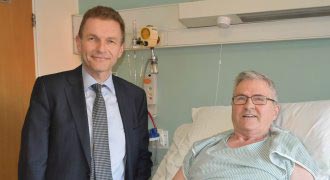Spire Bushey Hospital colleagues raise over £700 during their annual summer charity drive activities
01 July 2024
Hospital staff took part in a bake sale, raffle and games this week to raise funds for local charity
We welcome your views on our website and invite you to take part in a brief survey when you've finished your visit.
Your response will help us improve the site and the experience we offer to visitors.
01 July 2024
Hospital staff took part in a bake sale, raffle and games this week to raise funds for local charity
13 January 2022
Spire Healthcare has completed a £3.7m refurbishment at its Bushey Hospital, one of its largest in the country.
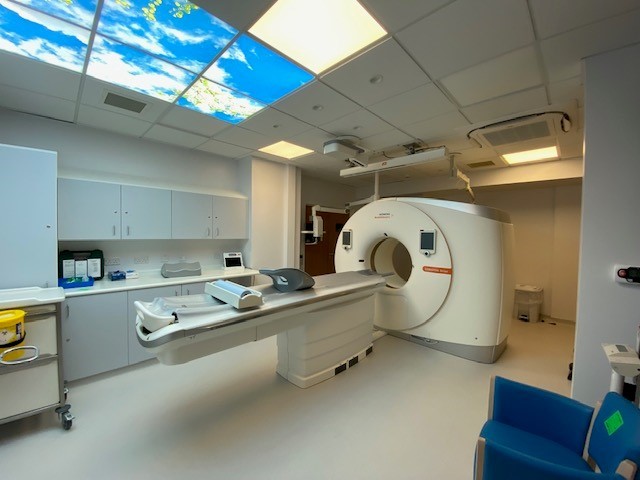
06 December 2021
Spire Bushey Hospital has retained its ‘Good’ rating, following an inspection by the Care Quality Commission (CQC).
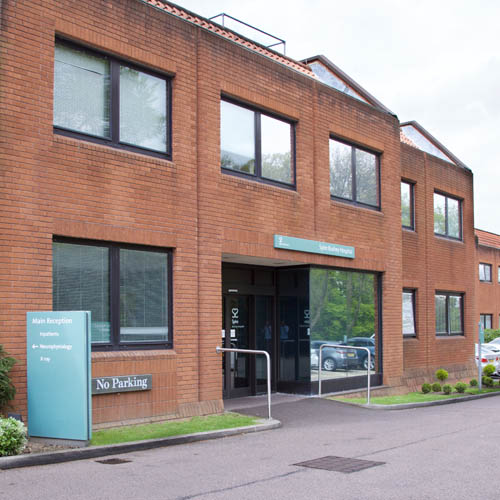
18 April 2019
Spire Bushey Hospital is proud to offer the North London Neurology Centre (NLNC) which is a fully integrated and comprehensive outpatient-based neurology service dealing with both major and minor neurological complaints.
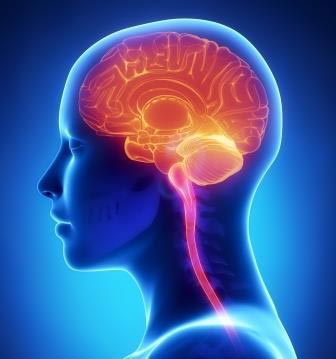
15 April 2019
Read our Q and A about ADHD and young people with Spire Bushey Hospital Consultant Neurodevelopmental Paediatrician, Dr Thakur.

18 December 2018
Spire Bushey Hospital has received an award from the National Joint Registry (NJR) having successfully completed a comprehensive data audit which ensures high standards in patient safety and quality of care are met.
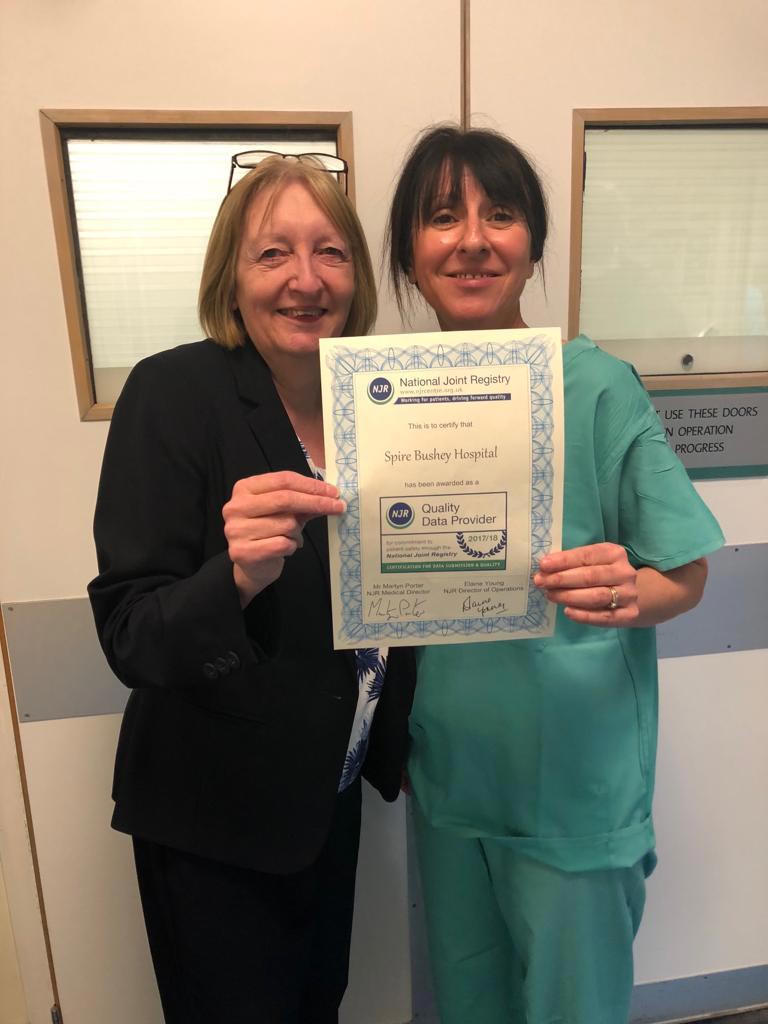
03 April 2018
The first patient to receive a knee replacement using pioneering robotic-assisted technology at Spire Bushey Hospital, has been featured in the Daily Mail today.
